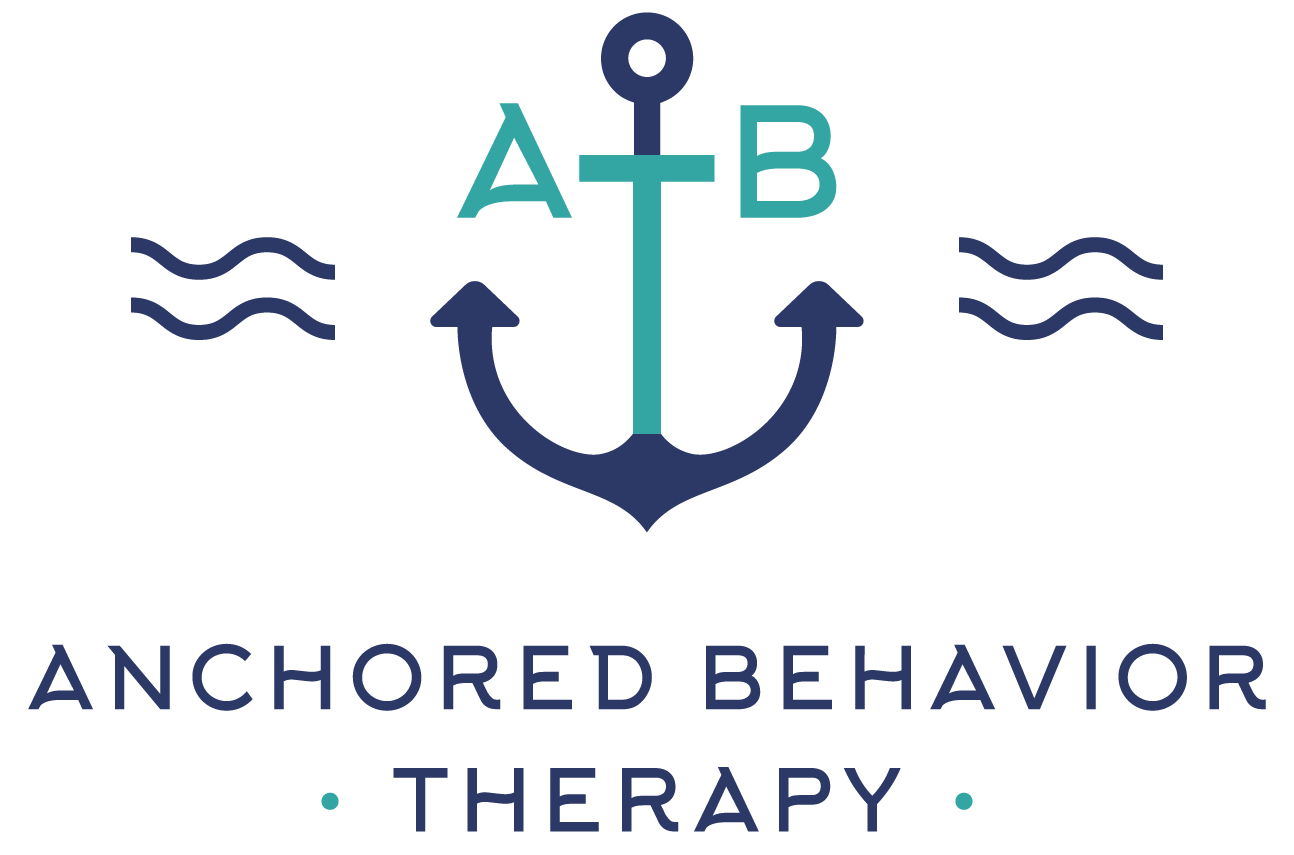Where We Treat
We are a telehealth-only practice. With telehealth, you can participate in treatment from the comfort of your own home! Dr. Danielle Gill is licensed to practice in Maryland and is also PSYPACT certified, meaning you can receive Anchored Behavior Therapy telehealth services if you are located in any of the following PSYPACT states:
Alabama, Arizona, Arkansas, Colorado, Commonwealth of the Northern Mariana Islands, Connecticut, Delaware, District of Columbia, Florida, Georgia, Idaho, Illinois, Indiana, Kansas, Kentucky, Maine, Maryland, Michigan, Minnesota, Missouri, Nebraska, Nevada, New Hampshire, New Jersey, North Carolina, North Dakota, Ohio, Oklahoma, Pennsylvania, Rhode Island, South Carolina, Tennessee, Texas, Utah, Virginia, Washington, West Virginia, Wisconsin, and Wyoming.
This list above was last updated on 12/20/2023- check out the current PSYPACT States Map for an updated list since more states have been added regularly! Pending states with active PSYPACT legislation are Vermont, Massachusetts, and New York, which means they may become PSYPACT states soon if the PSYPACT legislation passes.
What We Treat
Anchored Behavior Therapy specializes in helping youth and parents/caregivers seeking support for the following concerns:
Tantrums or emotional outbursts (at home, school, and/or public outings)
Disruptive behaviors (e.g., whining, talking back, yelling, property destruction)
Difficulty regulating emotions (emotion dysregulation)
Easily frustrated or angered (low frustration tolerance)
Difficulty with inattention, hyperactivity, and/or impulsivity or Attention-Deficit/Hyperactivity Disorder (ADHD)
Not listening or not completing tasks (e.g., due to distractibility and/or defiance)
Difficulty transitioning from preferred activities
Sibling conflict
Difficulty sharing caregivers’ attention
School concerns
Physical aggression
Dangerous behaviors such as head-banging, face-slapping, and biting self during tantrums
Elopement (i.e., running away from caregivers at home, in public, or from school/daycare)
Toileting difficulty
Sleep concerns (e.g., insomnia, bedtime refusal, difficulty sleeping independently)
Feeding/eating problems (e.g., picky eater, disruptive mealtime behaviors)
Anxiety or avoidance
- Social anxiety
- Generalized anxiety or general worries
- Performance anxiety
- Separation anxiety
- Specific fears or phobias (e.g., insects, enclosed spaces)
- Fear of needles and medical exams/procedures
- Mild obsessive and compulsive behaviors
Depression or low mood
Negative self-talk
Adjustment to life stressors/changes
Health-related behaviors and routines (e.g., needle desensitization, disease self-management, pill swallowing, regimen adherence, etc.)
Coping with pain or persistent physical symptoms (e.g., POTS/dysautonomia, EDS, IBS, migraines, chronic pain, etc.)
School reintegration following medical treatment
Tics
Body-Focused Repetitive Behaviors (BFRBs, such as hair pulling, skin picking, nail biting)
If you do not see your child’s specific concern on this list of common problems, feel free to reach out and ask us if we can help.
How We Treat
The following are types of well-researched treatments we provide. Treatments provided will vary depending on each child’s needs and presenting concerns:
Behavior Therapy
Parent Management Training (PMT)
Parent-Child Interaction Therapy (PCIT)
Cognitive Behavioral Therapy (CBT)
Acceptance and Commitment Therapy (ACT)
Motivational Interviewing
Exposure Therapy
Exposure and Response Prevention (ERP)
Needle Desensitization
Pill Swallowing Training
Comprehensive Behavioral Intervention for Tics (CBIT)
Habit Reversal Therapy
Who We Treat
At this time Anchored Behavior Therapy is accepting:
Children aged 2-7 years with the concerns listed above
May be seen on a case-by-case basis:
Children and adolescents aged 2-17 years who are seeking treatment to cope with medical/health-related issues
If you are wondering if Anchored Behavior Therapy is a good fit for your family, please fill out a new client inquiry form and we will be happy to discuss via email or schedule a free 15-minute phone call if desired: New Client Inquiry Form
What We Do Not Treat
Anchored Behavior Therapy typically does not treat the following concerns: Bulimia, Anorexia, Binge Eating Disorder, severe suicidal ideation/attempts, moderate to severe non-suicidal self-injury (e.g., cutting), moderate to severe obsessive/compulsive behaviors (OCD), psychosis, Autism Spectrum Disorder (ASD) that requires higher levels of support, any active court/custody cases, or other concerns that may not fall under the umbrella of our expertise. We only treat concerns that are in the scope of our training and expertise so that your family receives the most effective, high quality services possible.

